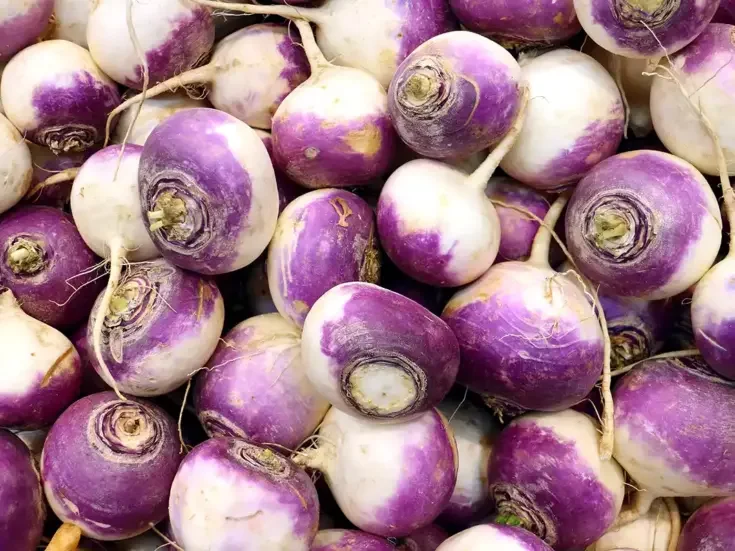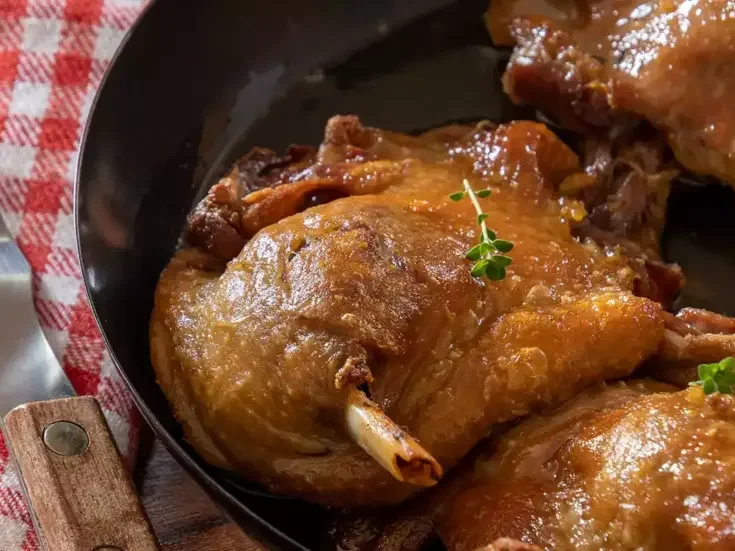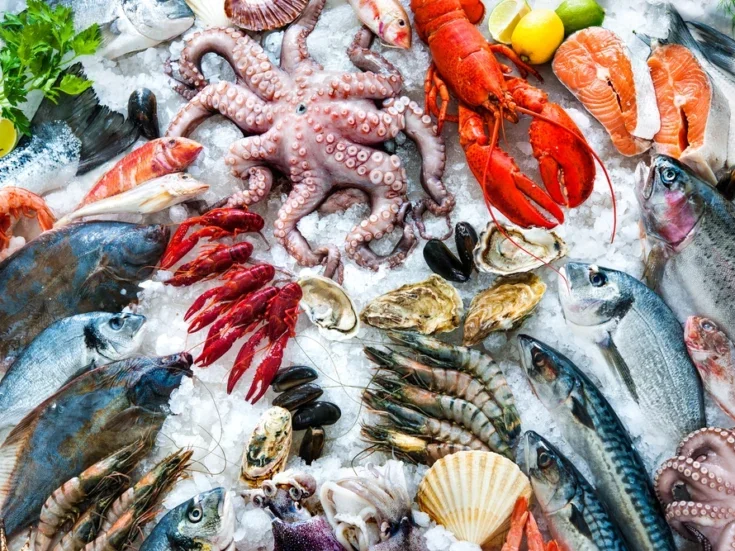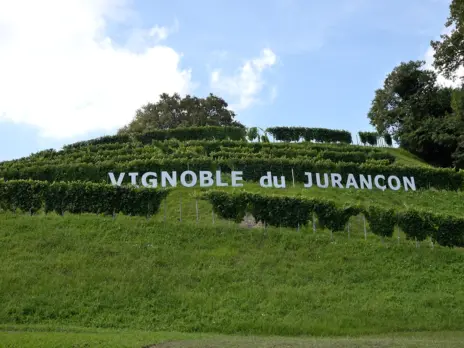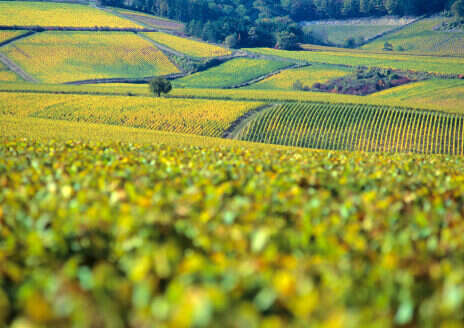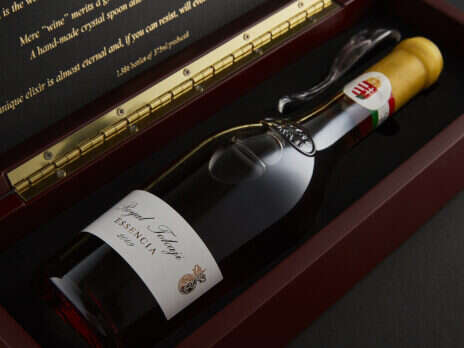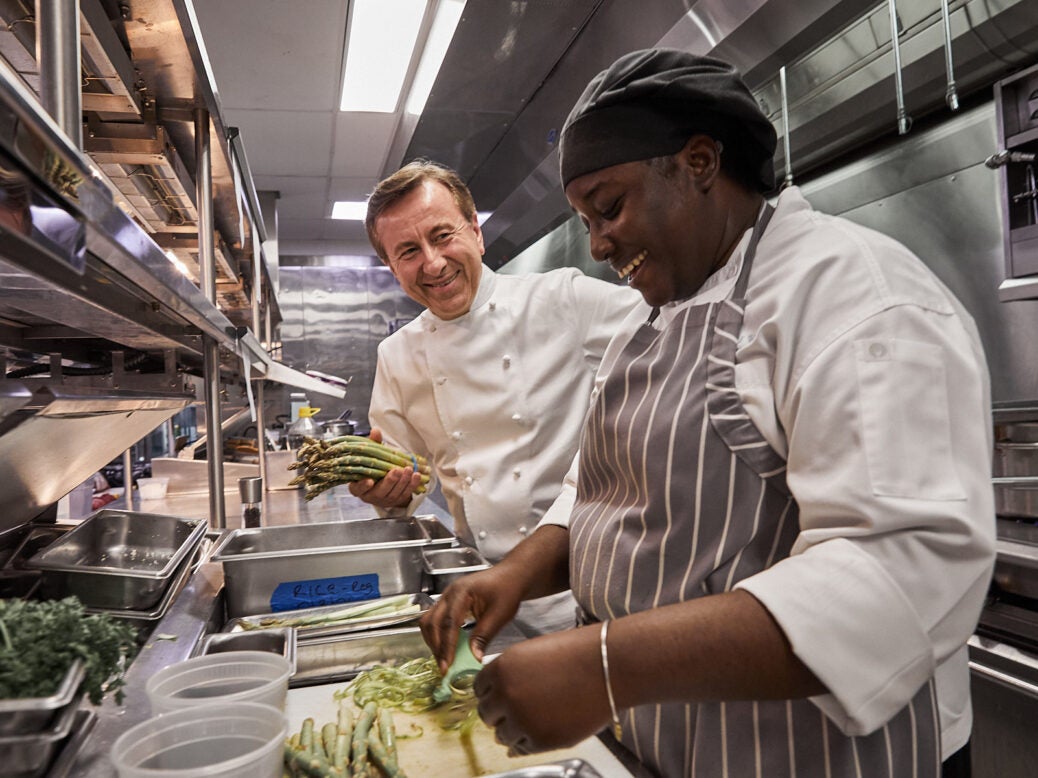
With his latest ventures Café Boulud Bahamas and Le Pavillon, chef Daniel Boulud has managed to expand his empire once again in the midst of the pandemic. Kristen Shirley caught up with Boulud and the sommelier Blake Bernal to discuss the new openings and how they fit into the contemporary wine and food scene.
It’s difficult to imagine, but somehow, renowned chef Daniel Boulud debuted four restaurants across the world in the middle of a pandemic. That would be an impressive feat on its own, but he also transformed his kitchens to feed thousands of nurses, first responders, and food-insecure families with the non-profit Food1st and partnered with Goldbelly to ship his classic dishes across the country.
In 2020, he opened Café Boulud at Blantyre, a charming Relais & Châteux estate in the Berkshires, Massachusetts, and Brasserie Boulud in Dubai. This year, the hot streak continues: Boulud has already opened the dreamy Café Boulud Bahamas at Rosewood Baha Mar and the hotly anticipated Le Pavillon in New York. Over lunch at Le Pavillon, we discussed Boulud’s two latest openings and the dining scene today.
The four pillars of Café Boulud
Every Café Boulud is inspired by the same four pillars: French classics, seasonal dishes, the ocean, and global flavors. At Rosewood Baha Mar, you’ll find classics such as his Tournedos Rossini, crafted with the same care and precision as his one-Michelin-starred New York flagship, as well as dishes that incorporate local produce and seafood.
Most importantly, Boulud thought about what guests would want to eat during a Caribbean vacation, something many chefs overlook when bringing an established dining concept to a tropical environment. “There’s a lot of fresh, simple, light seasonings and sauces, sometimes a little bit of spice,” he says. “Of course, you want something tasty, something original, something creative, but at the same time, comfortable.”
The restaurant has an impressive wine list, which can be challenging to find in the Caribbean. Boulud notes that the hotel already had a good wine cellar, and he worked with Daniel Johnnes to bring interesting growers and independent châteaux to round out the list. It is naturally focused on French wines, ranging from top Bordeaux producers to affordable, regional bottles. There’s also a selection of international wines and “island wines” from Sicily and the Canary Islands, like Envínate’s 2019 Migan wine made from Listan Negro in the volcanic soils of Tenerife. They chose to include these wines because they honor the difficulty of winemaking on an island, a nod to the restaurant’s tropical environment. Some special Burgundy and Bordeaux wines are available by the glass in the restaurant’s Coravin selection, among them 1999 Château Lafite-Rothschild and 1988 Château Petrus.
Le Pavillon: Something entirely new

Back in New York, Boulud opened something entirely new with Le Pavillon. He wanted to create “a place where you go to be entertained, to celebrate, and to party.” In his early career, Boulud worked at Le Pavillon du Parc in Lyon, France, which was in the middle of a park and a fun gathering spot for the town. Of course, the name also references the famed French restaurant in New York of the 1940s, but updated and reinvented for today. “It’s good to have a nod to the past, but also think of the present and how we want to eat today,” he says. “So, the menu is—and I’ve not done that at my other restaurants—seafood- and vegetable-driven. 50% seafood, 40% vegetable, and 10% meat… If they want more meat, they can always keep going to Daniel.”
Initially, the menu might seem to be a departure for Boulud, but he notes that Café Boulud has served a vegetarian menu for 23 years, and each of his restaurants incorporates seafood dishes. Of course, seafood and vegetables are claiming larger shares of restaurant menus across the US as diners become increasingly concerned with sustainability and climate change. To that end, Boulud sources ingredients as locally as possible. “We first and foremost try to really work with the local market and of course complement that with other things that are maybe a little bit more far reach, but excellent and high-quality products,” he says. After all, it is still fine dining, and New York has a harsh climate, unlike California.
The design is also unique for Boulud. Fifty percent of the space is a living garden with towering ceilings and wood-paneled walls. The dining room feels more intimate, thanks to a floating ceiling and cozy seating. “It created an intimacy and a contrast between the two zones, and I think that was very important,” he says.” The resulting feeling is like you are in a verdant urban oasis, albeit one with stunning views of Grand Central Terminal.
American wines into a French menu
The wine list reflects the new focus of the menu but is pure Daniel Boulud. Blake Bernal, sommelier, tells me, “Our wine list is deep-rooted in French wines. My concept of this wine list is now to introduce American wines into a French menu.” Boulud agrees: “That was the goal, to really balance a list of French and American wine in its best representation, and also in its different opportunity of price and region and winemaking techniques. It should be enough for everyone’s taste and wallet.”
The wine list is full of the best vintages from Burgundy and Bordeaux with plenty of Champagne and the expected wines from California and Oregon, like Opus One (2009 and 2016), Antica Terra’s 2014 Antikythera from the Willamette Valley, and a host of Littorai Pinot Noirs from Anderson Valley and the Sonoma Coast. But, it also features some wines you wouldn’t expect, like Hermann J. Wiemer’s 2018 Dry Reisling from Seneca Lake in New York. “I think we want to explore more that,” Boulud says. “Especially with seafood and vegetables, Riesling is good.” From across the dining room, Bernal laughs and says, “I love Riesling, so if Chef allowed me to put a whole page of Riesling on the wine list, I would definitely do that.”
Opening a restaurant isn’t easy in the best of times, much less at the end of a pandemic when Midtown has been emptied of thousands of office workers. But, delaying the opening wasn’t an option for Boulud. “We needed to send a message to New York and to the world that New York is reopening, and we don’t want to wait,” he says. As it turns out, New Yorkers didn’t want to wait anymore, either. It’s next-to-impossible to get a reservation at Le Pavillon, which is presently open just four nights a week — there are plans to expand to five nights soon and add lunch in September when workers should return en masse.
Although Le Pavillon has only been open for a few weeks, it has injected an outsized dose of energy into the city and done the impossible—it made Midtown the hottest place to be.
